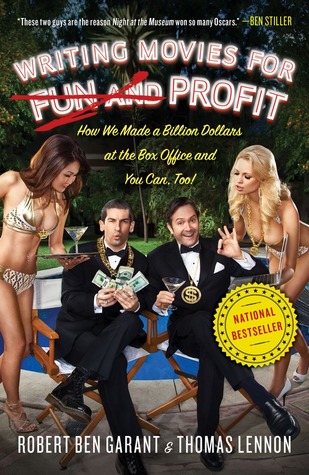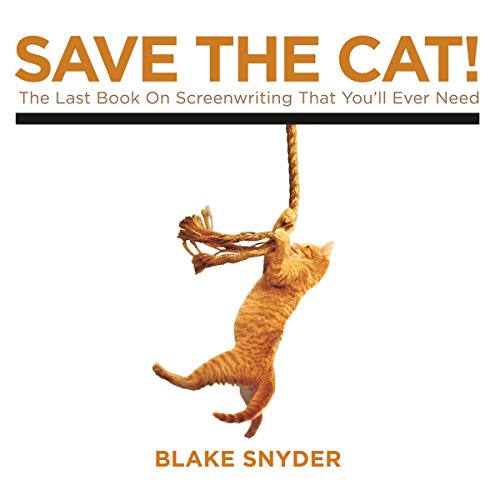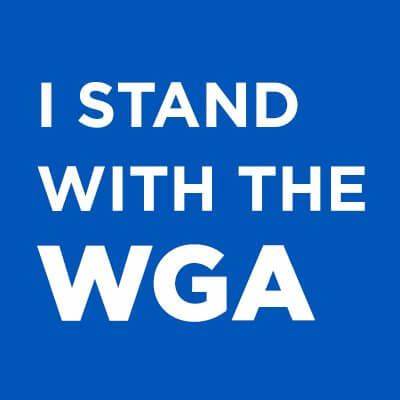Observations Jottings and Recommendations
This is where I list some resources I have found useful in building my expertise in screenwriting.
I will also occasionally put in some personal observations on how the industry is going.

Competitions.
A good way to give yourself affirmation of your screenwriting skills and to get credence in the industry is to get a placing in a competition. It is nice seeing your name on the list of winners.
But, a word of caution. These competitions have to be paid for and hence there are a few competitions out there with a prime goal of fleecing money from you.
I follow a guy called Danny Manus on Twitter here: Danny Manus . He is based in the U.S. and suggests the competitions that matter in the industry are the following.
So if you would like to enter a U.S. competition you should probably limit yourself to these.
- Nicholl
- Austin Film Fest
- Final Draft Big Break (I got to Quarter Finals in this competition. just sayin…)
- PAGE Awards
- Sundance/Slam
- Script Pipeline
- Scriptapalooza
- Screencraft Fellowship
- Tracking Board/Launchpad
- TrackingB
- Cinestory
- Stage32/Bloodlist
British ones that I know of are:
- BBC writer's room.
- Bafta

The Hollywood Standard - Christopher Riley
It is imperative that you know and understand the correct formatting. There are countless arguments on the nuances of formatting, but Christopher Riley's book is the standard that you should adhere to.
There apparently is now 3rd edition, But I have the 2nd edition. I can't think that there is much change, but you never know.
The cardinal sin in screenwriting is to appear to the script reader as an amateur. Incorrect formatting is a surefire way of showing you are one. So you need to make sure that you have everything laid out correctly.
This book tells you how. So:
Read it;
absorb it;
get good at it;
and then you can forget it.
Once you know and understand the formatting, you can get on with the real work of writing a brilliant script.

Writing Movies for Fun and Profit by Robert Ben Garant & Thomas Lenon
This book was one of the first ones that I purchased about screenwriting. I won’t say it inspired me, but it gave me a fascinating insight into the rarified world of a Hollywood scriptwriter.
Although the cover hints at a non-serious approach, the information is actually very relevant and gives a no hold barred look at the Hollywood studio scene. Written before the streamers changed things, but interesting all the same.
An example of advice given is: Write a screenplay. Get it to be the very best it can be after several rewrites. Now write another one. Get it to be the best it can be. Now look at the first screenplay. Marvel at how much it sucks!
Nevertheless, this should be on every screenwriter’s book shelf, if only to increase your cynicism

Save the Cat by Blake Snyder
A lot of screenwriters recommend this book (and its variants) and it can certainly give you something to bite on. If you absorb every element of the craft that he deals with, then you will create a passable screenplay.
I found he had too much emphasis on structure. Even giving you the page numbers that plot points should occur on.
Maybe this is okay for your first draft, but by the time you have rewritten your screenplay umpteen times, the rigid structure you started with has got a little less formalised and sometimes a lot more disorganised.
I do not follow this book blindly, but it has some good stuff.
But, the unwritten rules of screenwriting state that every screenwriter must have this book in his/her library.
Even if you totally disagree with everything he says, you still need to, at least, understand it to disagree.
The title ‘Save the Cat’ refers to a point he makes that even the villainous characters that you write should have at least one redeeming feature such as sympathy for animals. Hence ‘Save the Cat’

WGA Writers strike.
The Writers Guild of America (WGA) is on strike because they failed to negotiate a new contract with the Alliance of Motion Picture and Television Producers (AMPTP)
The main Issues are:
- Residuals from streaming media: The WGA is seeking a larger share of the residuals from streaming media, The WGA claims that the studios are currently taking a disproportionately large share of these residuals, which is cutting into the writers' incomes.
- Minimum staffing for writers rooms: The WGA is also seeking to increase the minimum number of writers required for writers rooms.
- Regulating the use of artificial intelligence: The WGA is seeking to regulate the use of artificial intelligence (AI) in the writing process.
